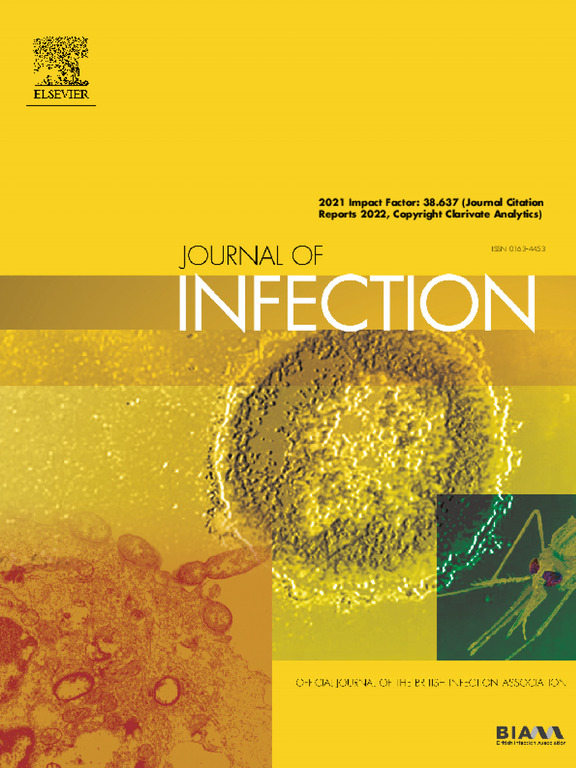实验性细菌感染的免疫检查点阻断。
IF 14.3
1区 医学
Q1 INFECTIOUS DISEASES
引用次数: 0
摘要
免疫检查点抑制剂旨在重新激活被癌细胞抑制的免疫反应,已经彻底改变了癌症治疗。癌症和传染病之间免疫失调的相似性促使人们研究免疫检查点在传染病中的作用,包括免疫检查点阻断和药物再利用的治疗潜力。虽然大多数研究都集中在病毒感染上,但细菌感染的数据正在出现。本系统综述报道了在细菌感染的临床前研究中,免疫检查点阻断对细菌负荷的体内影响和选择的免疫反应,旨在评估是否有可能使用免疫疗法治疗细菌感染的理由。在42项分析的研究中,免疫检查点阻断减少了60%的研究中的细菌负担,28%的研究没有影响,12%的研究增加了细菌负担。研究结果表明,免疫检查点阻断对细菌负担的影响是依赖于环境的,部分与病原体有关。需要进一步的临床前研究来了解免疫检查点阻断在不同细菌感染中的治疗效果是如何介导的,以及免疫检查点阻断是否可以作为传统感染管理策略的辅助手段。本文章由计算机程序翻译,如有差异,请以英文原文为准。
Immune checkpoint blockade in experimental bacterial infections
Immune checkpoint inhibitors designed to reinvigorate immune responses suppressed by cancer cells have revolutionized cancer therapy. Similarities in immune dysregulation between cancer and infectious diseases have prompted investigations into the role of immune checkpoints in infectious diseases, including the therapeutic potential of immune checkpoint blockade and drug repurposing. While most research has centered around viral infections, data for bacterial infections are emerging. This systematic review reports on the in vivo effect of immune checkpoint blockade on bacterial burden and selected immune responses in preclinical studies of bacterial infection, aiming to assess if there could be a rationale for using immunotherapy for bacterial infections. Of the 42 analyzed studies, immune checkpoint blockade reduced the bacterial burden in 60% of studies, had no effect in 28% and increased the bacterial burden in 12%. Findings suggest that the effect of immune checkpoint blockade on bacterial burden is context-dependent and in part relates to the pathogen. Further preclinical research is required to understand how the therapeutic effect of immune checkpoint blockade is mediated in different bacterial infections, and if immune checkpoint blockade can be used as an adjuvant to conventional infection management strategies.
求助全文
通过发布文献求助,成功后即可免费获取论文全文。
去求助
来源期刊

Journal of Infection
医学-传染病学
CiteScore
45.90
自引率
3.20%
发文量
475
审稿时长
16 days
期刊介绍:
The Journal of Infection publishes original papers on all aspects of infection - clinical, microbiological and epidemiological. The Journal seeks to bring together knowledge from all specialties involved in infection research and clinical practice, and present the best work in the ever-changing field of infection.
Each issue brings you Editorials that describe current or controversial topics of interest, high quality Reviews to keep you in touch with the latest developments in specific fields of interest, an Epidemiology section reporting studies in the hospital and the general community, and a lively correspondence section.
 求助内容:
求助内容: 应助结果提醒方式:
应助结果提醒方式:


